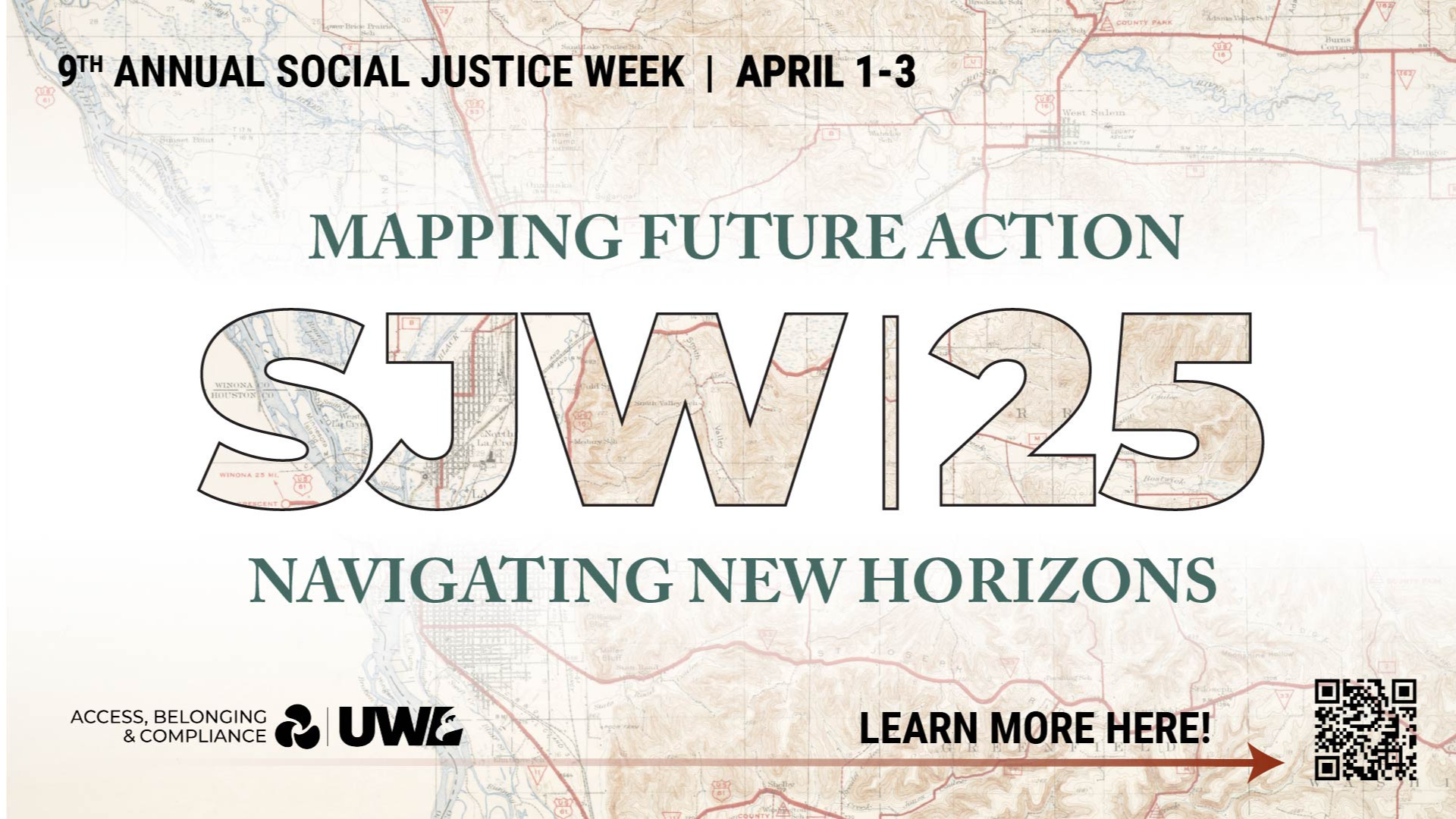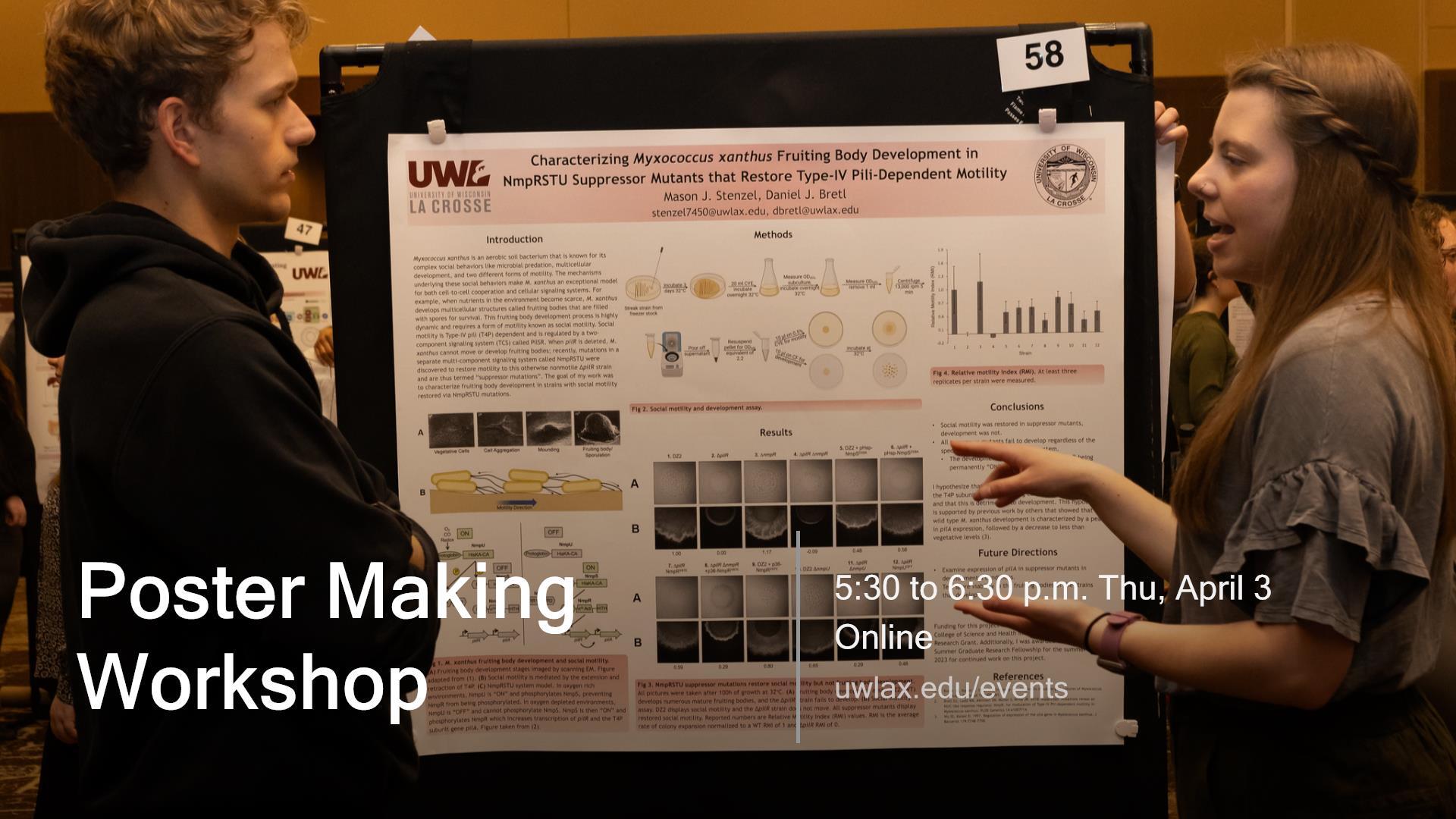Undergraduate programs
Geography
Undergrad major Undergrad minor Undergrad certificateGeography is the science of place and space. Geographers ask where things are located on the surface of the Earth, why they are located there, how places differ from one another, and how people interact with the environment. Geographers have skills in cartography and Geographic Information Systems (GIS). There are four main branches of geography: human geography, physical geography, environmental geography, and geographic information science (GIS).
Areas of study
Environmental Science Concentration
Environmental science applies knowledge from the natural sciences to understand issues in the environment with the goal of protecting the Earth and human health.
Undergrad major View a sample plan for Environmental Science Catalogfor Environmental ScienceGeographic Information Science Concentration
Undergrad major Undergrad minor Undergrad certificate View a sample plan for Geographic Information Science Catalogfor Geographic Information ScienceHumans & the Environment Emphasis
Undergrad major Undergrad minor View a sample plan for Humans & the Environment Catalogfor Humans & the EnvironmentEnvironmental Science
Undergrad majorRooted in geography, biology, chemistry and microbiology, and environmental studies, environmental science applies knowledge from the natural and social sciences to understand issues in the environment with the goal of protecting the Earth and human health.
Areas of study
Environmental Biology Track
Undergrad major View a sample plan for Environmental Biology Track Catalogfor Environmental Biology TrackEnvironmental Chemistry Track
Undergrad major View a sample plan for Environmental Chemistry Track Catalogfor Environmental Chemistry TrackEnvironmental Geospatial Techniques Track
Undergrad major View a sample plan for Environmental Geospatial Techniques Track Catalogfor Environmental Geospatial Techniques TrackEnvironmental Microbiology Track
Undergrad major View a sample plan for Environmental Microbiology Track Catalogfor Environmental Microbiology TrackEarth Science
Undergrad minorEarth Science aims to understand the structures and processes of the world. This includes how these phenomena shape the land and air around us, and how we, in turn, impact Earth's environmental systems. It encompasses fields such as geography, geology, environmental science, meteorology and climatology.
Geoarchaeology
Undergrad minorGeoarchaeology is a field that uses skills and knowledge from physical geography to answer archaeological questions. With a minor in geoarchaeology, you will begin to understand clues in the natural landscape that can lead to new discoveries about the environment people lived in long ago. A geoarchaeologist not only has a good foundation in archaeology, but also an understanding of how to apply methods of landscape evolution and an understanding of environmental change.
Graduate program
The accessibility map is created and maintained by Geography & Environmental Science students.






























